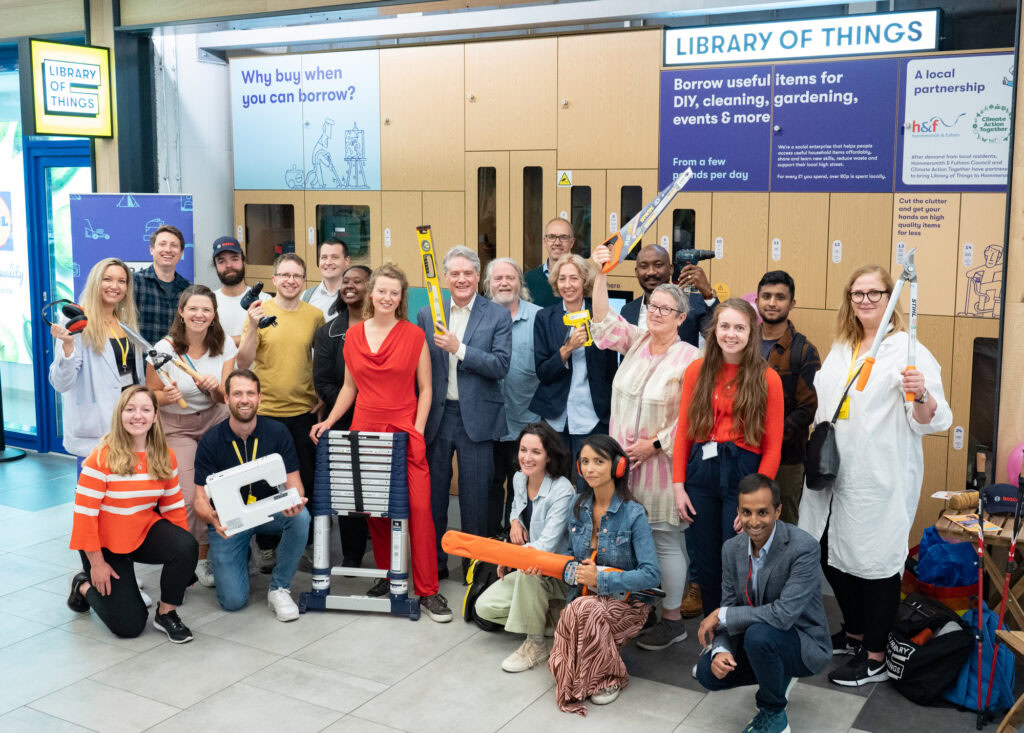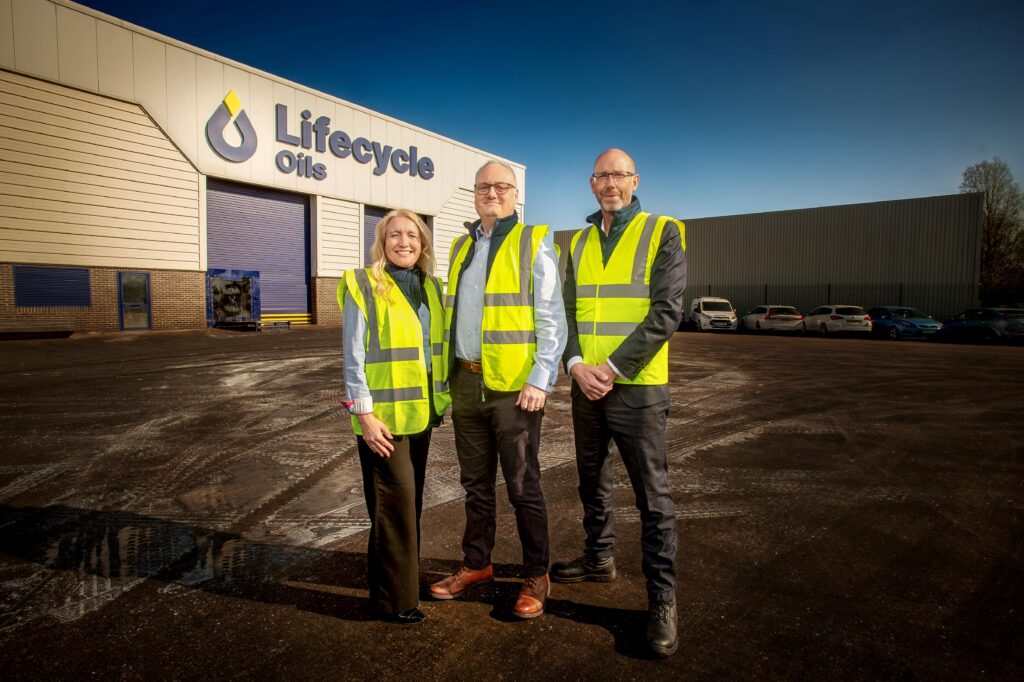University College Northampton (UCN) together with Harborough District Council, waste management company Onyx and waste container specialist Plastic Omnium have produced a research proposal which will enable the council to find out how much rubbish each house is producing. UCN has put in a bid for 710,000 funding over three years under the landfill tax credits scheme to fund a project which is designed to make householders more aware of what they throw away.
The project would see 6,000 households having a unique identification chip fitted to their existing wheeled bin and a new chipped bin provided for green waste.
Plastic Omnium will supply the technical equipment for the trial, including the bins with data recording electronic chips and on-board vehicle bin weighing and recording equipment.
When the bin is lifted onto the refuse vehicle it will be weighed and that information along with the date, time and address is stored on the chip. The Information is then sent to an on-board computer and transferred to a local server.
The council and collection operators will be able to see the number of collections that have taken place and the amount of ordinary and green waste that has been produced, from the information contained in the microchip. This can then be used for optimising collection rounds, monitoring and improving sorting performances and could see individualised billing introduced.
The council is also looking at starting incentive schemes for householders who reduce the amount of waste they produce which could include cash back schemes or supermarket vouchers.
Ian Halson, environmental services manager at Harborough District Council, said: “The National Waste Strategy 2000 emphasises the need to increase household recycling and composting. Key to this will be encouraging householders to reduce waste and to participate in recycling schemes. This project is designed to be a flagship project for the UK. HDC should see quantifiable improvements in wastes minimisation and recycling rates. No one should be fearful or concerned. This is a genuine attempt to find out what people do with their rubbish and why, and how they can be encouraged to help us all sustain the future.”









Subscribe for free